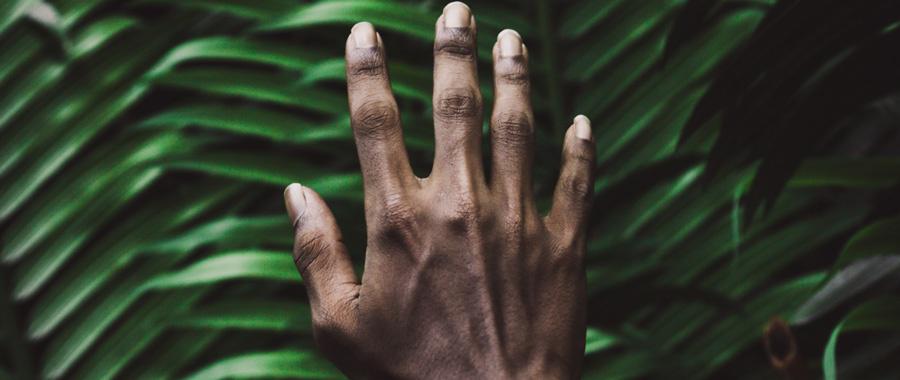Prejudice, often defined as a preconceived opinion that is not based on reason or actual experience, permeates every layer of society, distorting perceptions and fostering discord. The Bahá’í teachings offer profound insights into the intricacies of human existence, particularly the inner struggle against these biases that can inhabit our hearts. In this exploration, we will delve into the dimensions of prejudice, the mechanisms of inner conflict, and the transformative power of conscious resolution as prescribed by Bahá’í principles.
At the heart of the Bahá’í teachings lies the principle of the oneness of humanity. This concept challenges the prejudiced notions that breed division. It emphasizes that regardless of race, nationality, or creed, all humans belong to one family. However, this ideal presents a formidable inner struggle, especially when entrenched biases emerge unconsciously. Recognizing this internal conflict is the preliminary step toward personal transformation.
The first step in addressing prejudice is awareness. Cultivating self-awareness involves introspection and a willingness to confront uncomfortable truths about our biases. This process often requires individuals to engage in deep reflection, pondering the origins of their prejudices—be it cultural conditioning, personal experiences, or societal narratives. Some may find themselves grappling with ingrained stereotypes that have been unwittingly adopted from external influences. This acknowledgement serves as a catalyst for deeper understanding and empathetic engagement.
Further, the Bahá’í teachings remind us of the importance of education in combating prejudice. Education is not merely the acquisition of knowledge but rather the nurturing of virtues that foster unity. The cultivation of moral character, particularly the virtues of compassion and open-mindedness, creates fertile ground for empathy to flourish. Engaging with diverse perspectives through literature, dialogue, and cultural exchange can illuminate the commonalities that underline human experience, thereby dismantling the walls erected by prejudice.
Moreover, it is essential to distinguish between knowledge and wisdom. Knowledge may encompass factual understanding, but wisdom encompasses the application of that knowledge toward the betterment of humanity. The Bahá’í teachings advocate for the application of insights gained through education to foster unity and understanding. It is within this context that individuals can reframe their perceptions, thereby diminishing the power of prejudice over their hearts.
Another layer in the quest to defeat prejudice involves active engagement in community life. Growing within a pluralistic environment can provide the opportunities to confront and challenge prejudicial thoughts in real-time. Through participation in community service or interfaith dialogue, individuals can cultivate relationships across diverse socio-cultural lines. Such engagement not only broadens one’s perspective but also serves to humanize those previously encased in stereotype. When individuals experience others as whole human beings rather than mere representatives of a group, the walls of prejudice begin to crumble.
Furthermore, forgiveness plays a pivotal role in this inner struggle. Prejudice often stems from past grievances, whether personal or collective. The Bahá’í teachings underscore the importance of forgiveness—not only of others but also of oneself. Holding onto resentment or guilt limits personal growth and perpetuates prejudicial thinking. By embracing forgiveness, individuals unleash the potential to overcome entrenched biases and create a more harmonious inner landscape.
Mindfulness practices can also augment efforts to combat prejudice. Paying attention to thoughts and reactions as they arise allows individuals to recognize biased thinking in the moment. This conscious awareness creates space for alternative responses, permitting a reevaluation of initial judgments. Mindfulness encourages a pause before reaction, prompting a deeper consideration of one’s values and the intrinsic worth of others.
Continual self-assessment is vital in this journey. Engaging in lifelong learning regarding issues of race, class, gender, and other social dynamics can reveal the complexities of prejudice and enhance one’s ability to empathize with those affected by systemic injustices. The Bahá’í teachings espouse a commitment to truthfulness and justice. Upholding these virtues requires a discerning heart that seeks not only to dispel one’s own biases but also to advocate for those suffering injustices.
Moreover, embracing humility is fundamental in this transformative process. Prejudice can often stem from a false sense of superiority, a belief that one’s life experiences or viewpoints are preeminent. Recognizing the fallibility of one’s perceptions invites a humbler approach to interactions with others. The Bahá’í principle of the oneness of humanity inherently fosters a recognition of equality, reminding individuals that all possess their unique strengths, struggles, and aspirations.
Finally, shared prayer and spiritual reflection can serve as profound tools in this endeavor. Engaging in collective prayer fosters a sense of unity and community, drawing individuals closer together in their emotional and spiritual journeys. Such practices can provide a supportive environment where people commit to transcending prejudicial tendencies, particularly when they are rooted in fear or misunderstanding.
In conclusion, the inner struggle to defeat prejudice is a dynamic and ongoing process that demands a multifaceted approach. The Bahá’í teachings illuminate this path, offering guidance through self-awareness, education, engagement, forgiveness, mindfulness, continual learning, humility, and spirituality. As these principles coalesce in the heart of individuals, they forge a powerful arsenal against prejudice, fostering both personal upliftment and societal transformation. The journey may be fraught with challenges, yet each individual equipped with the consciousness of unity can contribute to the tapestry of humanity, fashioned with threads of love and understanding.
